Johnson hopes to spread the word about resources for aging Illinoisans
- Details
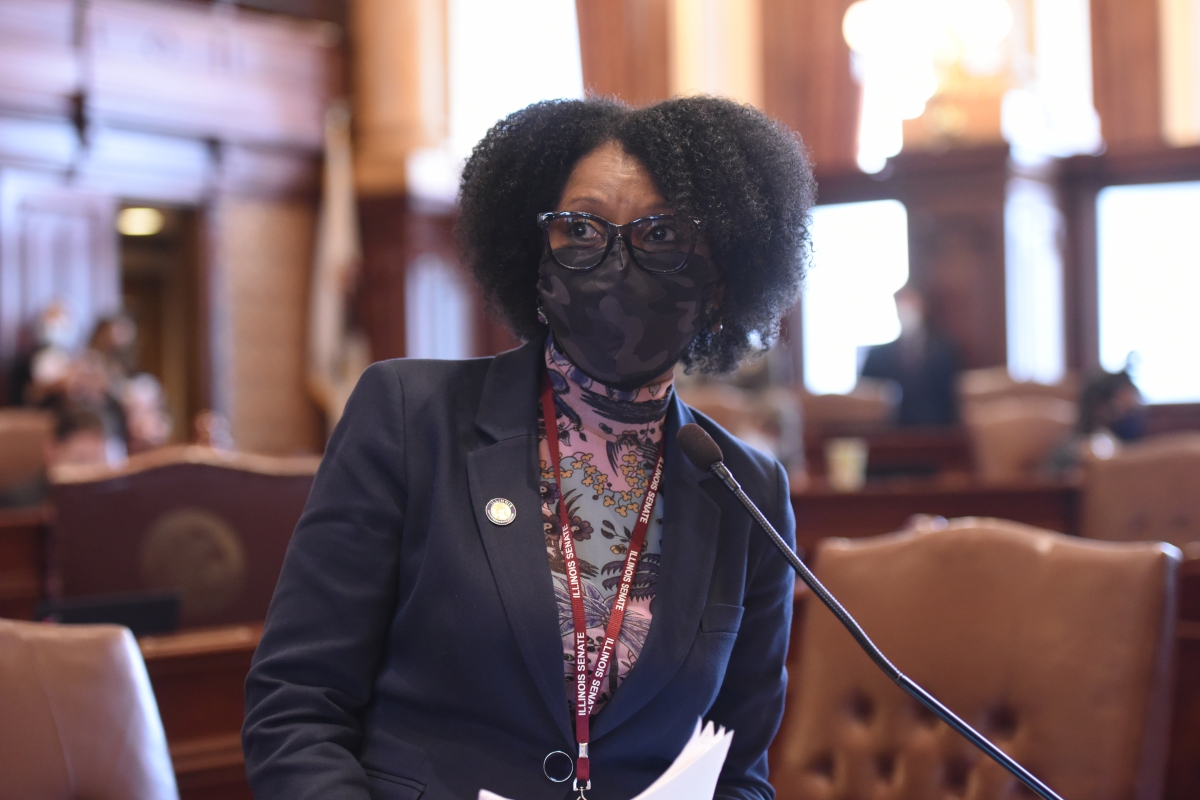
“Many of our older neighbors might not have easy access to the internet. As a result, they might find it difficult to connect with programs and resources available to them,” Johnson said. “By providing them a hard copy of toll-free phone numbers and other helpful information, we’re putting these important services within reach.”
Read more: Johnson hopes to spread the word about resources for aging Illinoisans
Cullerton calls for reform in LaSalle Veterans’ Home hearing
- Details
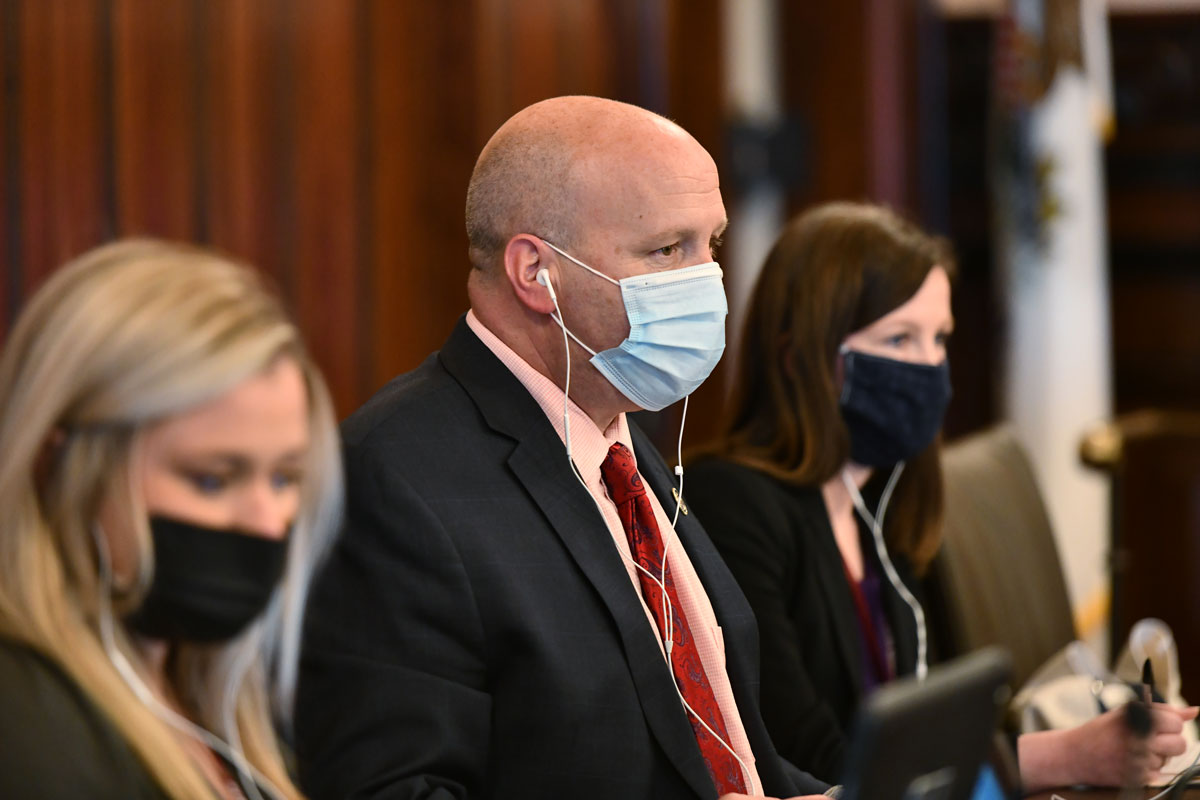 SPRINGFIELD – In a Senate Veterans Affairs Committee hearing Friday, State Senator Tom Cullerton (D- Villa Park) led a discussion regarding a recently released report on the November COVID-19 outbreak at the LaSalle Veterans’ Home. The veterans’ home is ran by the Illinois Department of Veterans Affairs.
SPRINGFIELD – In a Senate Veterans Affairs Committee hearing Friday, State Senator Tom Cullerton (D- Villa Park) led a discussion regarding a recently released report on the November COVID-19 outbreak at the LaSalle Veterans’ Home. The veterans’ home is ran by the Illinois Department of Veterans Affairs.
“My colleagues and I were all horrified to hear about the devastating loss of life at the LaSalle Veterans’ Home this past fall and winter,” said Cullerton, chair of the Veterans Affairs Committee. “I’ve read the full OIG report and it is clear to me that there was a breakdown of communication between staff and management at the facility.”
Read more: Cullerton calls for reform in LaSalle Veterans’ Home hearing
Villivalam to make state services more accessible through CityKey ID
- Details
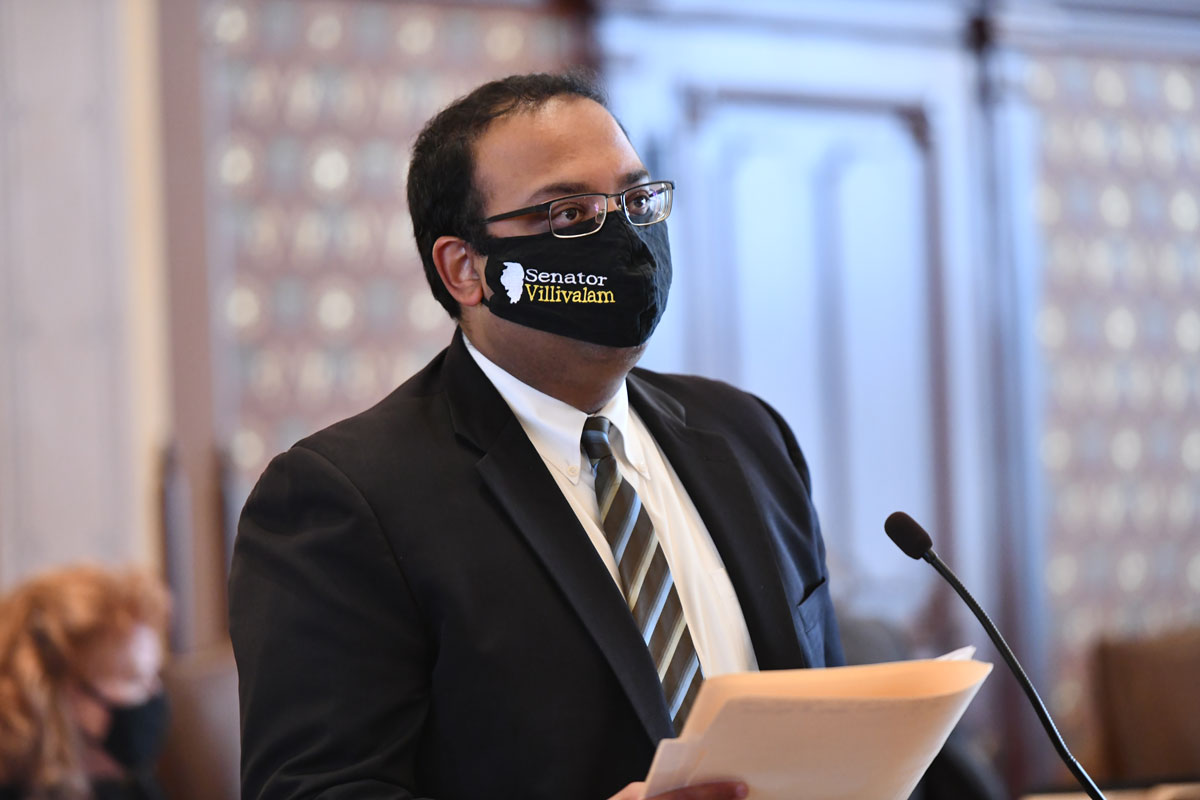 CHICAGO – To better serve undocumented and immigrant communities, State Senator Ram Villivalam (D-Chicago) passed legislation in the Illinois Senate on Thursday that would allow municipal ID cards to be used to access state services and facilities.
CHICAGO – To better serve undocumented and immigrant communities, State Senator Ram Villivalam (D-Chicago) passed legislation in the Illinois Senate on Thursday that would allow municipal ID cards to be used to access state services and facilities.
“All residents of Illinois, regardless of immigration status, should be able to receive essential state services,” Villivalam said. “Allowing municipal IDs to be used for this will allow the most vulnerable among us to get the assisstance they need.”
Read more: Villivalam to make state services more accessible through CityKey ID
Birth certificates would reflect trans and non-binary Illinoisans’ identities under Senator Fine measure
- Details
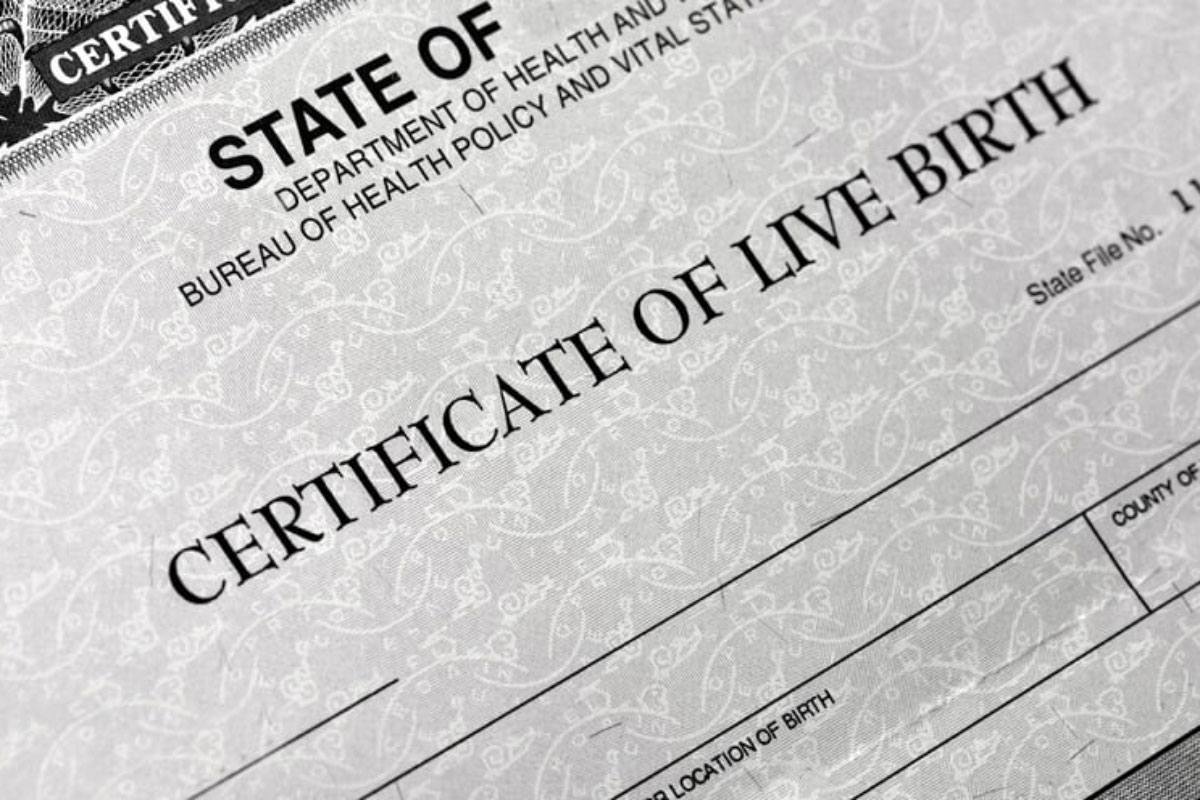 SPRINGFIELD – Individuals could more easily change the sex designation on their birth certificate and receive fee waivers for copies of corrected birth certificates under an initiative proposed by State Senator Laura Fine (D-Glenview), which passed committee Wednesday.
SPRINGFIELD – Individuals could more easily change the sex designation on their birth certificate and receive fee waivers for copies of corrected birth certificates under an initiative proposed by State Senator Laura Fine (D-Glenview), which passed committee Wednesday.
“Unnecessary barriers to changing sex on a birth certificate can push marginalized communities further into the margins,” Senator Fine said. “An individual who identifies as female, male or gender nonconforming should be able to have their gender reflected on their birth certificate as easily as they do on their driver’s license.”
More Articles …
Page 616 of 743



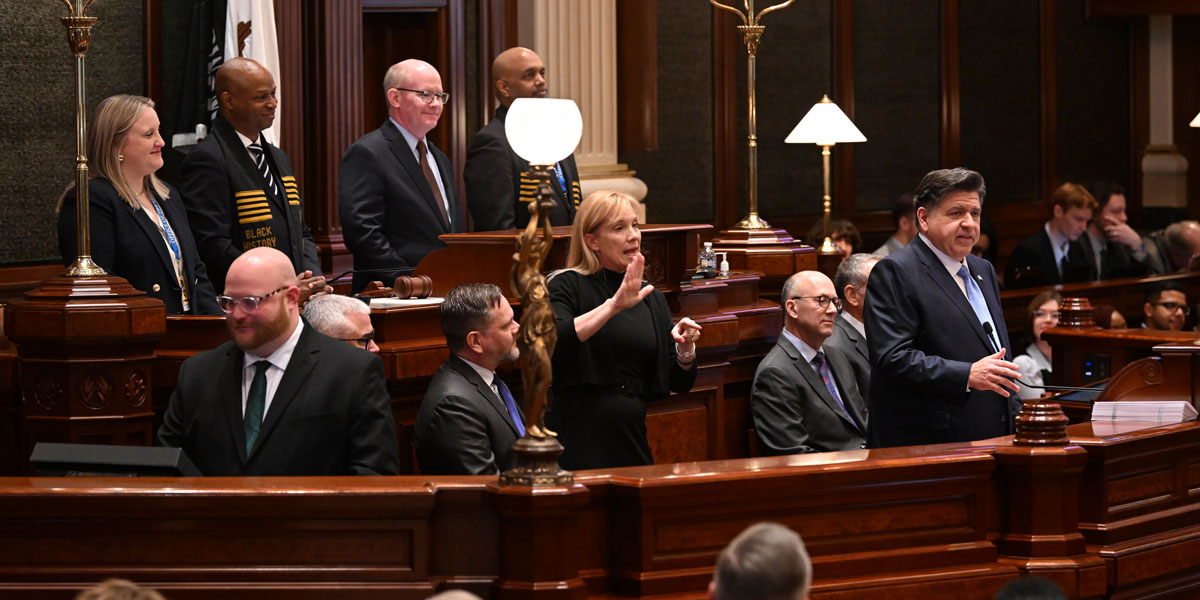




















 © 2026 Illinois Senate Democratic Caucus
© 2026 Illinois Senate Democratic Caucus